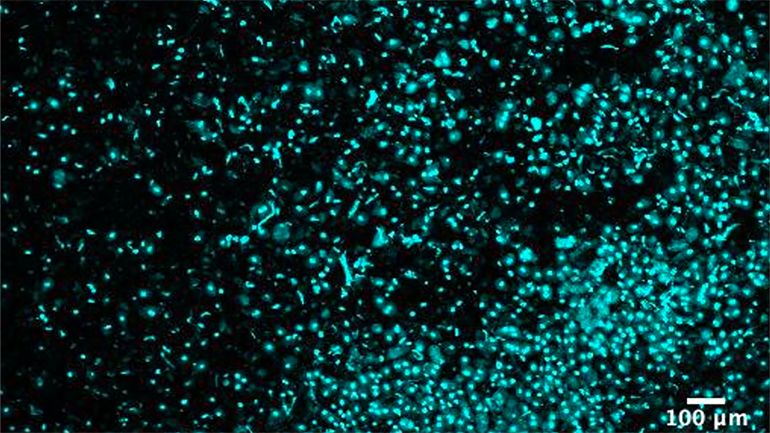Our intelligence notably allows us to have a crack on some great things, and yet nothing beats the way it has enabled us to pursue constant progression. You see, when a person grows under each and every situation, they consequentially end up hitting upon many huge milestones. The same is even proven by whatever we have achieved so far, with one piece of testimony coming from a creation called technology. In fact, technology’s testimony stands a cut above the rest, and it does so for reasons that run much deeper than just its unprecedented skill-set. To give a bit of context, these reasons also revolve around how the creation used those skills to impact an entire spectrum, including our very own healthcare sector. Technology’s foray into healthcare was a pivotal moment in every conceivable sense, as it came at a time when the sector was really struggling to hold up against an obsolete structure. Fortunately, by instilling new and smarter ideas, the medtech linkup will successfully solve that problem, but guess what? It would go on to do a whole lot more. This particular dynamic was evident in a recent development.
A team of scientists at the Brown University has developed a special technique that can rapidly dissociate a tissue sample into individual cells. According to certain reports, the technique is predicated upon placing a tissue sample, such as a tumor biopsy, between two electrodes. The electric field innate fluctuations are then supposed to pull the cells in alternating directions, thus triggering their dissociation. If all the pieces fall into place, this concept can become an attractive avenue for performing single cell analysis. The reason why we should be excited about such a technique is because the current methods to carry out the stated analysis are restricted by their tendency of using enzymes to digest a bulk tumor sample containing many cells. Now, when that’s the approach you are playing with, it leads to increased noise in the collected data, something that can greatly impact the accuracy of your eventual diagnosis. Hence, this idea of isolating single cells from a tumor and then analyzing them individually should empower us to reach precise diagnosis in a markedly hassle-free manner.
“From a technology standpoint, there’s nothing like this available on the market right now,” said Anubhav Tripathi, a researcher involved in the study. “This technology will be useful for those looking for answers using genomics, proteomics, transcriptomics — it will not only make those diagnostic and therapeutic investigations easier, but will also save researchers time and effort.”
While, for now, we are just focusing on genetic analysis, there is a belief that the dissociated cell methodology can someday become a part of other medical branches as well.



















